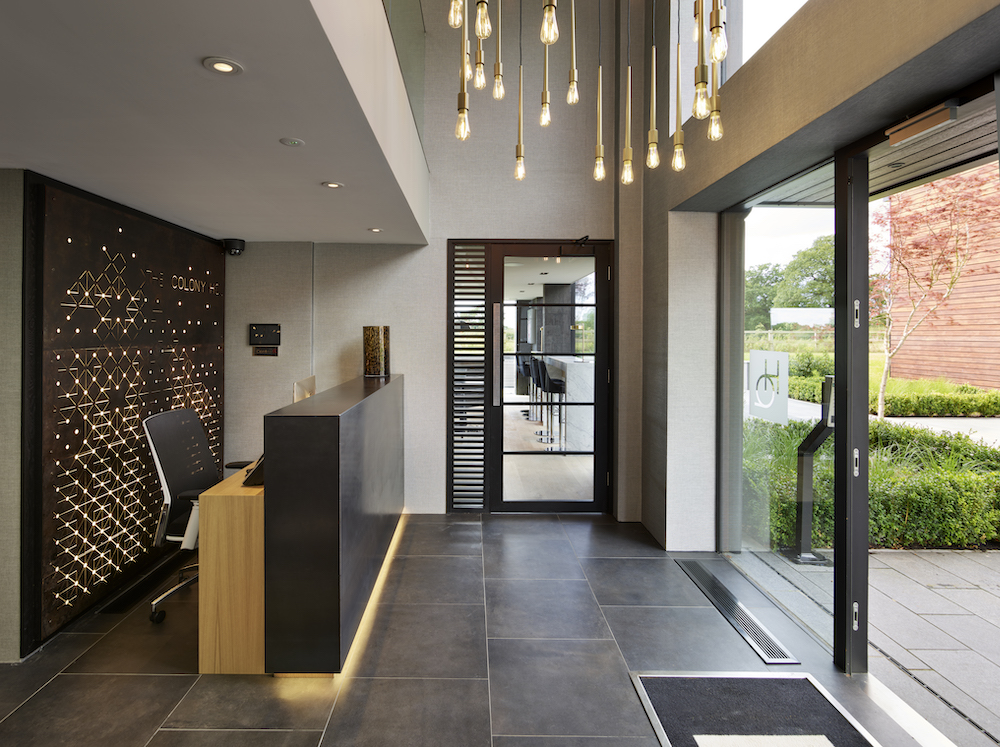We’ve all heard the phrase ‘running a business from your bedroom’. It used to be used to describe what young entrepreneurs did when they were just getting started, before their balance sheet was healthy enough to rent proper office space in proper business premises.
Because ultimately, that’s what proper businesses did.
That’s not the way people necessarily think anymore. A combination of several factors – rising rents, digital technology, increasing numbers of people choosing to start businesses or become self-employed in a crowded labour market – have pushed us all to think a lot more flexibly about how and where we work.
‘Remote working’ is a serious trend. Figures from the ONS suggest that by 2020, as many as half of people in the UK could be working remotely in some capacity, some of the time. This takes into account home working on flexi-time, freelancers and contractors who run their own business from home, microbusinesses which don’t operate a traditional everyone-in-one-place office, and more.
For the self-employed, freelancers, contractors and start-up entrepreneurs, there are more options for how and where you work than ever before. That presents its own difficulties – which one is right for you? Two of these options are the choice of running a virtual office, or making use of co-working spaces. Let’s start by looking at what each of these is, before digging into their relative merits.
Virtual versus shared
Virtual office space gives you some of the trappings of a traditional office, but not the physical space. In other words, it isn’t somewhere you actually go to work. What you do get is a dedicated business address, a mailbox service and mail forwarding service, call answering on a supplied telephone number and so on.
A co-working space, on the other hand, is somewhere you do actually go to work. But instead of hiring out your own full office space, you instead rent whatever desk space you need – alongside other people running different businesses or doing their own self-employed more info work.
Both options have the benefit of being many times cheaper than renting a traditional office. Both options tend to be highly flexible in terms of the types and lengths of contracts you sign – certainly with co-working spaces, you can usually dip in and out when you like, even if it is hiring space the odd day here and there. Both options also often come with access to fully equipped meeting rooms for hosting clients.
But in truth, you are likely to opt for a virtual office space or a co-working space for quite different reasons. A virtual office is largely about appearances – a professional business address, a business telephone number – which you might feel puts you on a better standing with clients than revealing you do, in fact, run your business from your bedroom. You might also not want to give out your home address and personal telephone number. And virtual offices give you the added benefit of providing an admin service for post and telephone calls.
A co-working space, on the other hand, is for when you need a dedicated space to work but don’t want to shell out for a full office. Perhaps you are finding too many distractions at home, but cannot justify the expense of taking on an office rental. This is where the flexibility of co-working spaces also appeals. It might be that you only need to get out of the house on occasion (e.g. when the kids are off school for the holidays), or you might do a lot of travelling with your work, and just need a base from which to do the odd day of admin every now and then.
Whichever situation you are in, The Colony HQ offers fantastic virtual office space and co-working space options in fully serviced, high class premises. Situated just outside Wilmslow, Cheshire, we are in easy reach of Manchester, Liverpool and Chester. Get in touch with us today to find out more.




